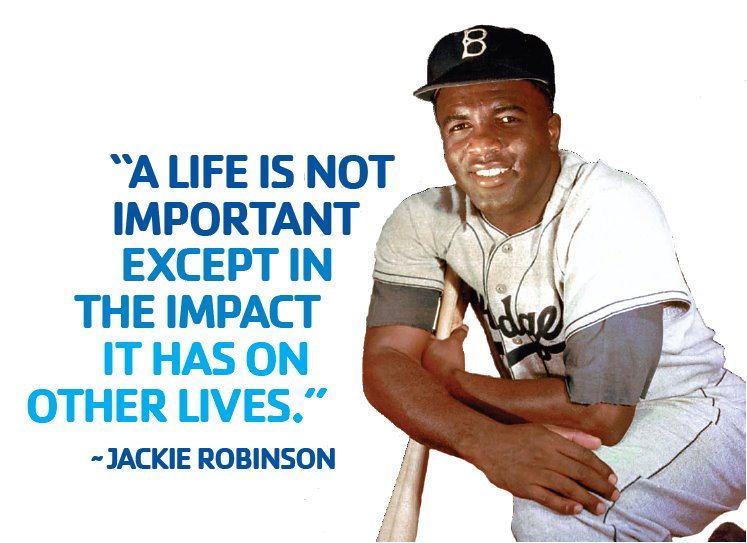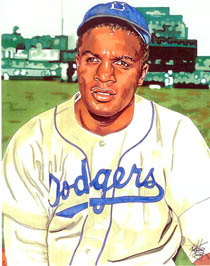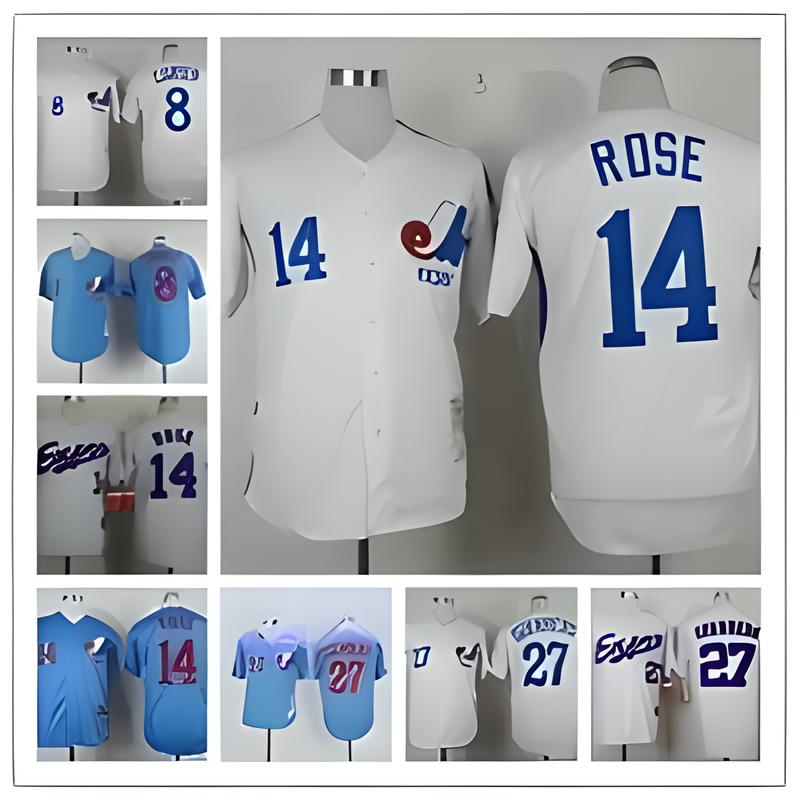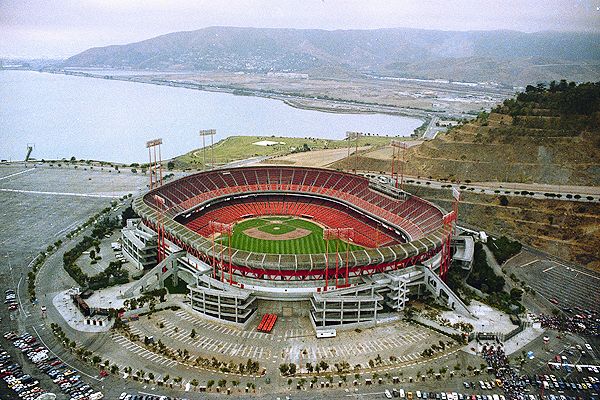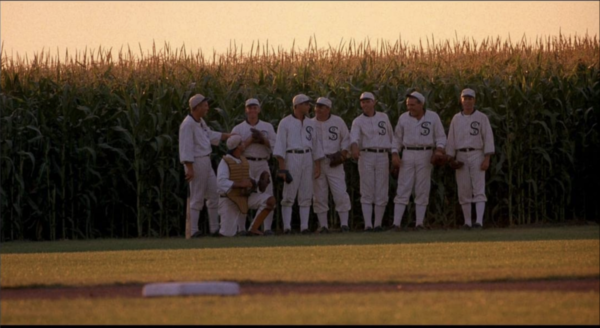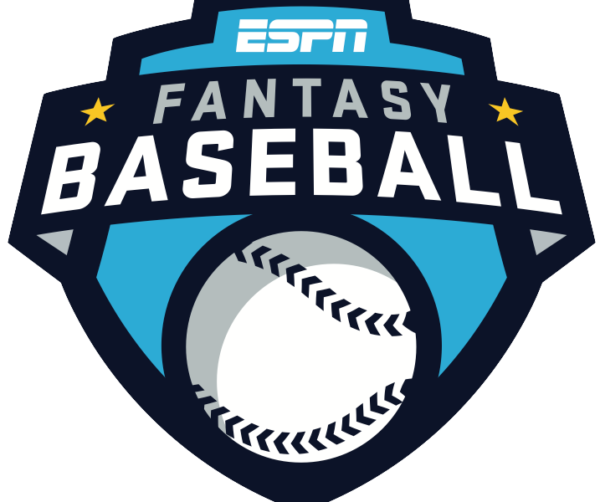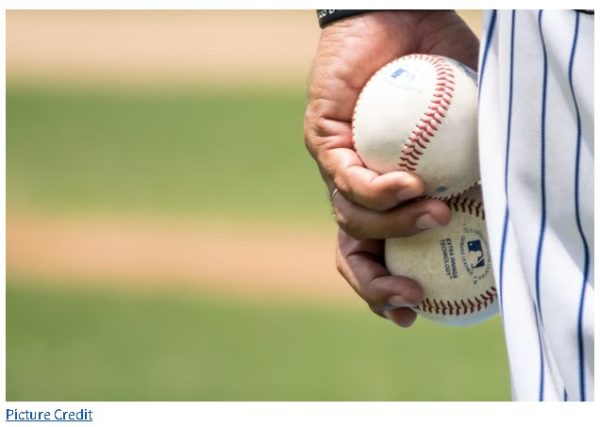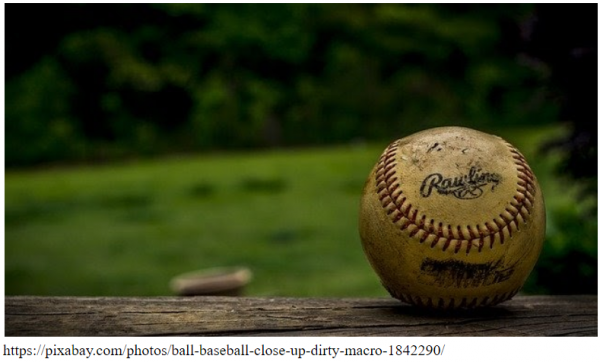Jackie Robinson didn’t just say that; he lived it. Monday, April 15, 2013 marks the 66th anniversary of the pioneer who journeyed where no man had journeyed before him. If his life is measured by the impact it made on others, it is nothing short of monumental. Has anyone impacted Major League Baseball more than the man who stood alone and broke the color barrier?

What can we liken Robinson’s breakthrough to in today’s world? A woman becoming President of America? Not even close. Many Americans are already keen on the idea, unlike 1947 America, which was not big on the idea of a “Negro” playing in the big leagues. One is hard-pressed to come up with a legitimate comparison.
The enormity of what Jack Roosevelt Robinson did is seen not only in the what but the when. In a day and age in which segregation was the norm, when “Jim Crow” laws existed that stipulated that “coloreds” had to drink from separate drinking fountains, sleep in different hotels than whites, and sit at the back of the bus. Into that muck and mire Robinson stepped, and sowed a seed that would change the landscape of Major League Baseball, and society at large, for generations to come.
Talented as he was, Robinson did not succeed on talent alone. It required exceptional inner strength and character to endure the heckling and bigoted catcalls without retaliating. It took a man of courage to stand firm in the face of verbal abuse and death threats. And it demanded the perseverance to press on through loneliness and oppressive opposition.
If Robinson had caved in and given up partway through his rookie season, the message would have come through loud and clear: black men don’t have what it takes to play in the Major Leagues.
Brooklyn Dodgers’ president Branch Rickey was looking for a man who would not retaliate to the ugliness he would face, and he found his man in Jackie. Here is an abbreviated account of a conversation between the two in 1945:
Rickey: “I know you’re a good ballplayer. What I don’t know is whether you have the guts.”
Robinson: “Mr. Rickey, are you looking for a Negro who is afraid to fight back?”
Rickey, exploding: “Robinson, I’m looking for a ballplayer with guts enough not to fight back.”
Even some of Robinson’s Dodger teammates objected to having a black man on their team, but Dodgers’ manager Leo Durocher had no such qualms:
“They called me names, but I expected those,” said Robinson. “But nobody hit me intentionally.”

Be sure to check out other great articles at Sports Media 101.

